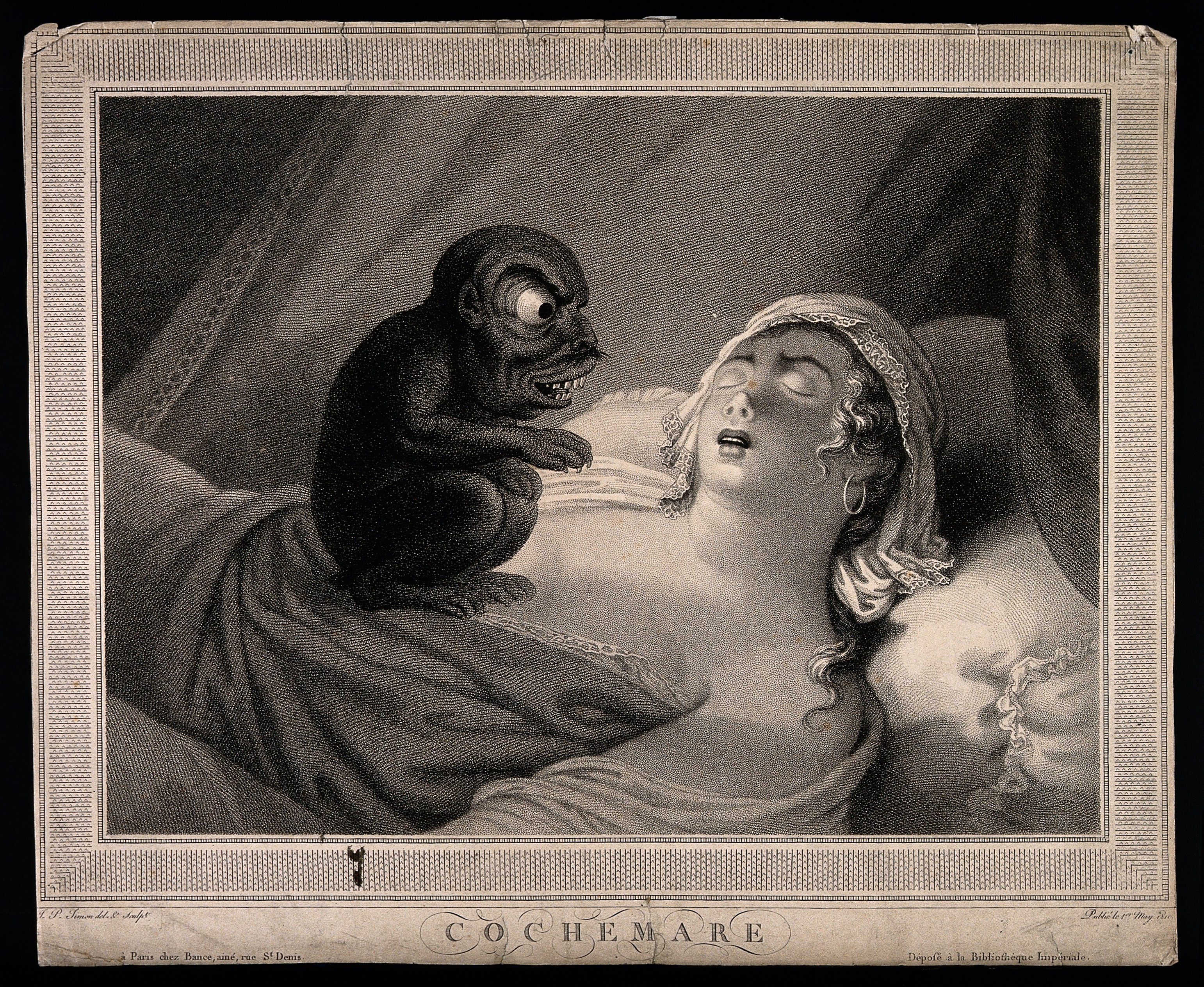 |
There are a few problems with a concept currently being pushed by a professor at the University of Regina. He has set up a “masculinity confession booth” on campus where students can, in effect, confess the sin of being male.
First, of course, it is sacrilege: the plainest possible violation of the second commandment. It is a misappropriation of a sacred thing, the confessional and the sacrament of confession, like saying “Goddamn” or “calice.”
Not that this should make it illegal. We want no blasphemy laws. But it ought to be condemned as such. This is not a thing done in good heart. Or a good model for our college-age children. It is an offense against a tolerant and pluralistic society.
Second, it suggests that being male is sinful. One could not see a more blatant example of sexism. If we are going to have hate speech laws, this is the very sort of thing to which they should apply. But then, better not to have hate speech laws. Largely for the very reason that they are never evenly applied.
Third, it is based on a pseudo-psychological concept that is, at best, highly debatable. If, at least, the National Post coverage is to be believed. It says:
“passing students can absolve their personal guilt for promoting ‘hypermasculinity,’ an exaggerated view of maleness in which emotion is suppressed until it explodes as anger.”
This is Freud’s theory of repression: the idea that emotions simply must be expressed one way or another, and will “explode” if they are not. Freud has been generally disproven. It is, according to most psychologies, entirely possible to learn to control your emotions, and generally admirable. It is a part of growing up.
Moreover, if boys and men are taught to retrain their emotions, the principal emotion they are taught to restrain, surely, is anger. As in, for example, one must never hit a girl. Does one really want to unwind this work of civilization? Will it really be better for women or for anyone if men learn to let it all hang out? How does encouraging men to express their anger make them less likely to express their anger?
What about other emotions? Actually, other than anger, it is debatable whether men and boys are taught to restrain their emotions and women are not. For anger, it makes sense that they are: men are capable of doing more damage if they express it. Women, accordingly, are probably somewhat socially freer to express anger, and, indeed, to use violence.
But matters differ for other emotions. Yes, men are also taught not to cry; not to express sorrow. But aren’t women as well? Women can cry, but are generally expected to greet everyone with a smile, no matter how they really feel. Men are freer not to smile, if they are not feeling happy. So it looks like a bit of a wash. Nobody really wants to be burdened with another’s sorrow, so both sexes are discouraged from being too open about it. People feel imposed upon by having to deal with another’s “negative” emotions.
And that actually seems fair enough. It is an imposition.
How about affection? Aren’t men and boys, in fact, socially expected to be the first to express their affections openly in a relationship? Aren’t they expected to “make the first move”? And aren’t married men expected to praise their wife and say they love her and find her beautiful? Do we really expect the same from the wife? No; for this emotion, for affection, it seems that women are relatively repressed, and men are more open. Yes, women are very concerned about “love,” but more about hearing it and having it expressed, not about saying it or expressing it.
So how come this emotion, when repressed, does not come out in violence? Dr. Freud?












%2C_from_Los_Caprichos_-_Google_Art_Project.jpg)
No comments:
Post a Comment